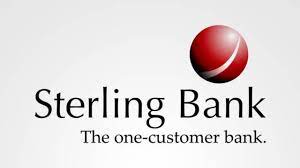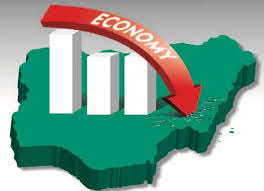Stakeholders in the women empowerment has listed lack of access to capital, inadequate support, domestic activities as major hindrance achieving gender equality globally.
Speaking at a webinar organized by FirstBank in collaboration with UN Women empowerment, tagged ” Invest in Woman: Accelerate Progress” experts Insisted that inadequate participation of woman in both political and economic soace made it difficult to achieve sustainable economic development across the world.
The Country Representative to United Nations (UN) Women Nigeria and ECOWAS, Ms Beatrice Eyong said there was need to invest in woman personal development in the areas of education , leadership for them to have marketable skills.
She stated that investment in technology would go a long way to liberate women from child care services and other family activities.
She said investment in women became necessary because there is huge inequality in political, economic activities and digital space.
She said available statistic showed that about 22 per cent of women are working in digital space while 20 per cent top position are occupied by woman in the financial industry .
She said as long as woman continued lagging behind in certain positions, there is increase inequality in our working places, political and economic space, it would be difficult to have sustainable economic development.
She said that financing Architecture does not favour women, noting that young women needs special support while participating political environment.
She said no institution , government, private organisation will handle the problem of inequality alone we need to work together to achieve positive result.
Also speaking Chief Executive Officer (CEO) Ebonylife Media, Ms MO Abudu said that women needs to be innovative and keep on rebranding to continue to excel in all their endeavour.
Head Media and External Relations FirstBank, Mr Ismail Omumegbe said that the webinar set to provide context and conceptual clarity on women empowerment in Nigeria. He said it was designed to explore the importance of investing in women both as human rights issue and a sustainable socioeconomic development priority..




